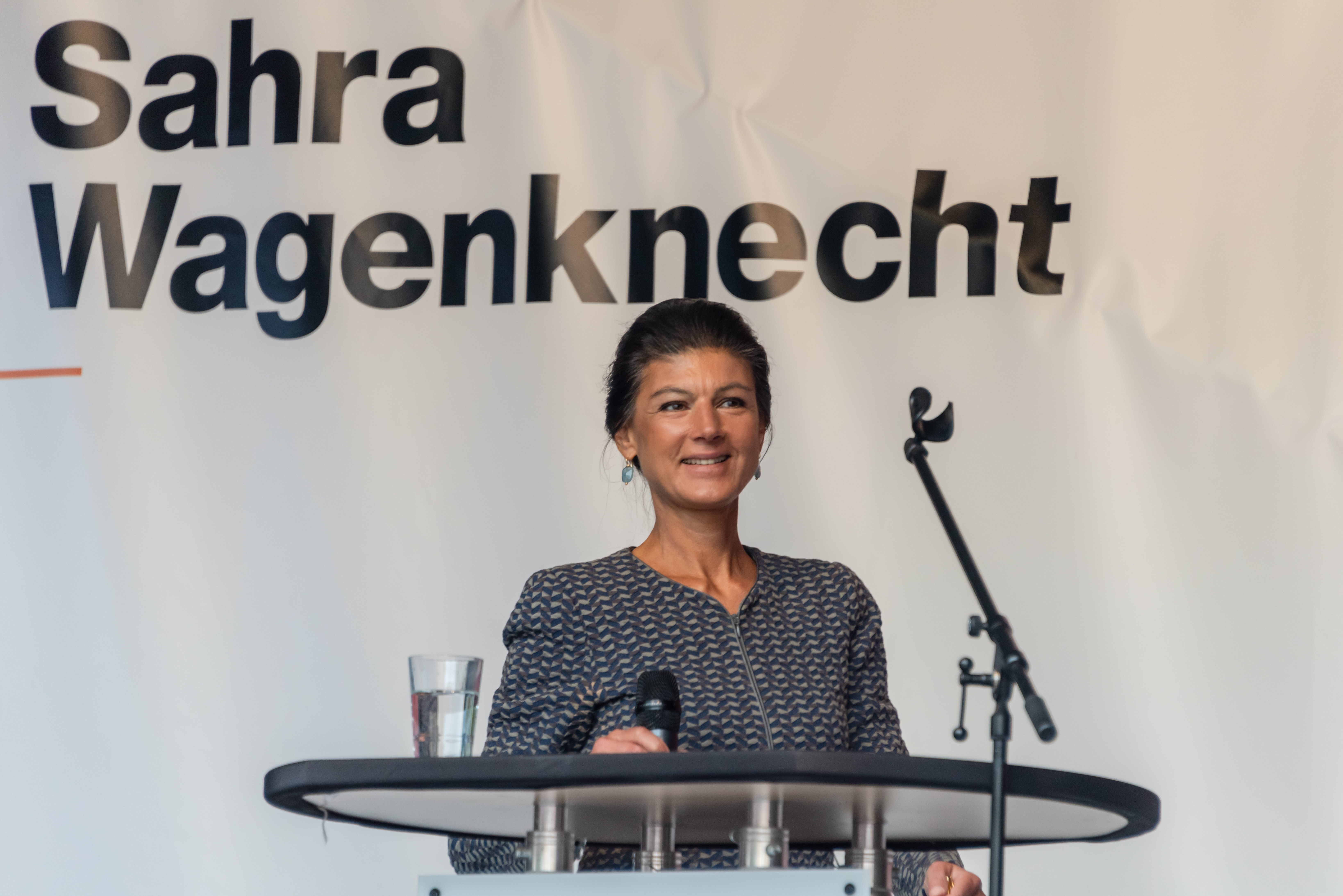Neither Left nor Right, but Both? The Sahra Wagenknecht Alliance (BSW) in the Wake of European Elections
The 2024 European elections not only provided the occasion for a new German party, the “Bündnis Sahra Wagenknecht” (BSW), to emerge but also to obtain 6.2% of the vote.

With this result, BSW ranks fifth among German political parties, clearly ahead of “Die Linke,” the former party from which its founder, Sahra Wagenknecht, departed during the winter of 2023-2024. BSW is also expected to reach double-digit scores in local elections scheduled for September in three eastern states. The emergence of a new actor in the German political landscape raises many questions. Is the BSW a left-wing party – or even a right-wing party, as its detractors like to classify it? What kind of audience does the new formation want to address and what is the political discourse supporting it? In short, what does the party represent, and what are its objectives and prospects? This study focuses on the BSW program, where ideas supported by various political currents coexist, and examines its orientations, its electoral strategy and the profile of its leaders. The paper finally analyzes BSW’s first electoral results and its prospects in a rapidly changing society.
Thorsten Holzhauser, born 1985 in Kaiserslautern, works as a research associate at the Stiftung Bundespräsident-Theodor-Heuss-Haus in Stuttgart. He holds a doctorate on the history of the political integration of the Party of Democratic Socialism (PDS) in unified Germany (published as Die "Nachfolgepartei", Berlin, 2019) and focuses on the development of the Die Linke party, Sahra Wagenknecht's political doctrine and the German political landscape.
This publication is available in French and German (PDF):
GERMAN: "Nicht links oder rechts, sondern beides? Das Bündnis Sahra Wagenknecht nach der Europawahl".
Related centers and programs
Discover our other research centers and programsFind out more
Discover all our analysesThe Franco-German Brigade and the Revival of European Defense
One thing has been clear since Donald Trump's return to the White House: the very existence of the European unification project is threatened. Unless it develops a sovereign defense policy to counter the war in Ukraine and the weakening of American security guarantees, the European Union will continue to see its internal cohesion and external attractiveness wane.
Friedrich Merz and the Zeitenwende 2.0. A “New Era” for Transatlantic Relations?
On February 23, 2025, almost 60 million voters were called upon to elect a new Bundestag. These elections will also give rise to a new government in Europe's largest economy.
After the Elections: Germany in Search of Shaken Stability?
With a voter turnout of 82.5%, Germany recorded its highest participation since 1987—an increase of 6.1 percentage points compared to 2021. As in the previous election, the high turnout particularly benefited the Alternative for Germany (AfD), which was able to mobilize many former non-voters. Many voters sought to punish the outgoing government with their ballots, as its approval rating had dropped to just 14% before the coalition broke apart in November 2024. Germany is now very likely heading toward a grand coalition between the CDU/CSU and the SPD, with exploratory talks having begun on February 28.
The German Greens as an Alliance Party: The End of an Illusion?
At the Wiesbaden Congress in November 2024, Robert Habeck, currently Minister for the Economy and Climate, was nominated as the Green Party’s candidate for the Chancellorship in the early parliamentary elections on February 23, 2025. The party, founded 45 years ago, is now firmly established in the German political landscape. Wishing to turn the page on an unloved ‘‘traffic light’’ coalition, the party is banking on a personal campaign and an optimistic discourse based on the energy transition and social justice.











